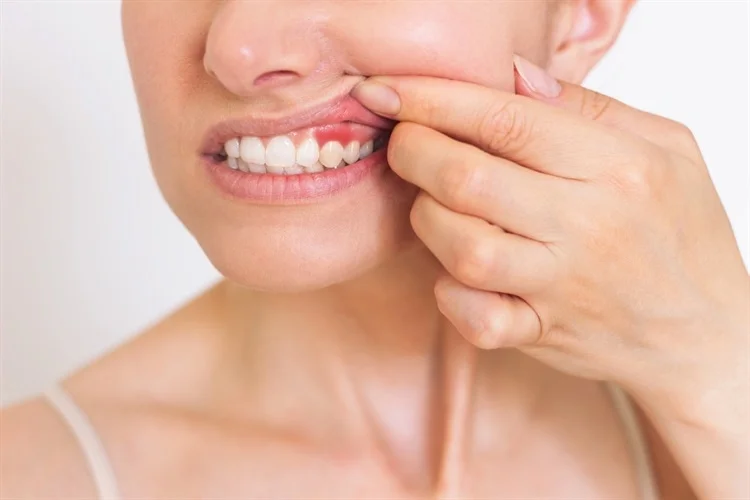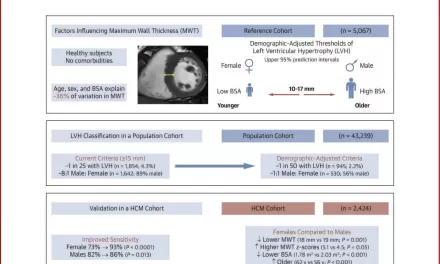Recent research has uncovered a concerning link between frequent recreational cannabis (FRC) use and severe dental health issues, including cavities and tooth loss. The study, led by Dr. Ellyce Clonan, DDS, from the University at Buffalo School of Dental Medicine, was published in the January 2025 issue of the Journal of the American Dental Association (ADA).
A Closer Look at the Findings
Dr. Clonan’s research, which analyzed data from 5,656 adults aged 18–59 who participated in the National Health and Nutrition Examination Survey (NHANES) between 2015 and 2018, found that individuals who smoked cannabis at least once a month for more than a year faced significantly higher risks of dental problems. Specifically, they had:
- A 17% higher chance of untreated coronal cavities.
- 55% higher odds of root surface cavities.
- 41% higher odds of severe tooth loss compared to non-users.
Understanding the Impact
The study focused exclusively on smoking cannabis, rather than other consumption methods such as edibles. Dr. Clonan noted that smoking introduces fire near the mouth, leading to dry mouth, a condition known to contribute to tooth decay. Saliva plays a crucial role in protecting teeth from cavities, and reduced saliva production can increase the likelihood of dental issues.
Beyond dry mouth, other contributing factors include dietary choices commonly associated with cannabis use. Frequent users often consume high-fat, sugary snacks and beverages, which can further damage teeth, especially when paired with inconsistent oral hygiene practices while under the influence.
A Growing Concern
Dr. Clonan’s interest in this topic arose as cannabis use has surged with legalization in many states. Recognizing a gap in dental research compared to medical studies, she decided to investigate the potential oral health consequences of cannabis use.
The study relied on self-reported data, and Clonan suspects actual cannabis use rates may be higher than reported due to potential underreporting in certain regions. “Someone in New York might be more forthcoming compared to someone in Alabama who might worry about who is looking at the survey,” she noted.
Implications for Dental Care
Dr. Clonan emphasized that while cannabis use may increase dental risks, it does not mean cannabis is inherently bad. The drug has therapeutic applications for various conditions, including cancer and anxiety.
Rather than discouraging use altogether, she advocates for informed discussions with patients. Practical advice for cannabis users includes:
- Drinking plenty of water after smoking.
- Consuming food in one sitting rather than snacking throughout the day.
- Avoiding sugary, sticky foods.
- Brushing teeth after eating, even when under the influence.
Dental offices can also improve patient care by incorporating more detailed questions about cannabis use in intake forms, helping practitioners provide tailored advice and preventative measures.
Future Research Needed
Dr. Clonan hopes to expand her research through a longitudinal study that tracks cannabis users’ oral health over time. “This recent study was just a snapshot in time, so we can’t completely determine cause and effect between cannabis use and cavities or tooth loss,” she explained. “More research is definitely needed.”
Disclaimer
This article is based on current research and does not constitute medical or dental advice. Individuals should consult their healthcare providers for personalized recommendations regarding cannabis use and oral health.












